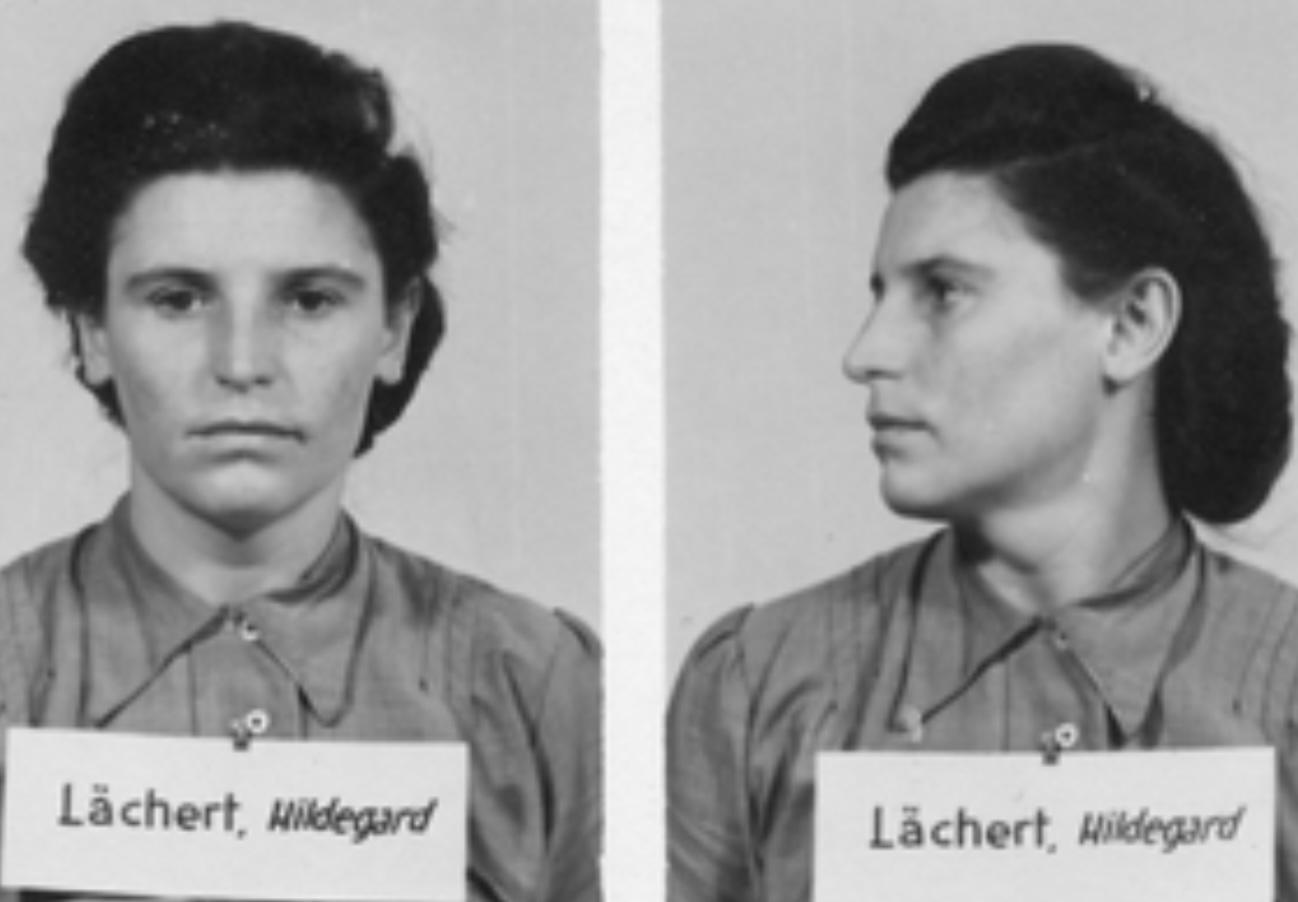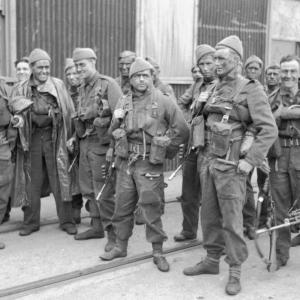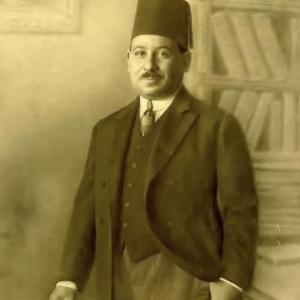
Prison guard Lachert Hildgard
As the war came to an end and the Soviet forces advanced in 1944, Hildegard Lächert, like many other members of the SS and Nazi regime, found herself in a position where she had to flee. The impending collapse of the Third Reich prompted the evacuation of many concentration camp guards to avoid being captured by the Allies. Lächert was no exception. She fled Auschwitz and other camps, moving to northern Italy, where she worked at the Bozen detention camp and possibly at Mauthausen-Gusen in Austria. These final stages of the war were chaotic, and many Nazi officials and collaborators sought to escape prosecution by evading capture.
After the war, Lächert returned to Berlin in July 1945, where she initially found work in an American hospital. However, the peace that followed the end of the conflict did not protect her from the reckoning that would follow. In March 1946, she was arrested by Austrian authorities, who were investigating former SS members. This arrest led to her being transferred to British custody, and then she was extradited to Poland, where the full scope of her wartime actions would begin to catch up with her.
In November 1947, Lächert faced trial in Kraków alongside 40 other SS guards. The prosecution brought attention to her role in the brutal treatment of prisoners, particularly her sadistic behavior at Auschwitz and Płaszów. Despite the overwhelming evidence of her cruelty, including witness testimonies from survivors who had suffered under her, Lächert was sentenced to 15 years in prison. However, her time in prison was relatively short. In December 1956, after just a few years of serving her sentence, she was released under an amnesty program.
Following her release, Lächert's post-war life took a curious turn. She received financial support from the West German government in the form of 6,000 Deutsche Marks, allegedly for her time as a prisoner of war. Additionally, she briefly worked with the CIA and the West German Federal Intelligence Service (BND), though her employment with these agencies was short-lived, ending due to her perceived lack of usefulness.
In the years following her release, Lächert largely faded from public view. However, her dark past would not remain hidden forever. In August 1973, West German officials arrested her again as part of an investigation into her wartime activities. Although she was questioned about her time as a concentration camp guard, she was released once more. Yet, in June 1979, a renewed investigation led to her re-arrest and eventual trial. This time, survivors of the camps provided detailed testimonies about her sadistic behavior, particularly at Majdanek, where her reputation as a "bloodthirsty" guard had taken root. Witnesses described how Lächert would participate in violent beatings, oversee selections for the gas chambers, and release her dog on defenseless prisoners, leading to severe injuries and deaths.
At her trial, Lächert was found guilty of her role in the deaths of prisoners at both Auschwitz and Płaszów. She was sentenced to 12 years in prison for her crimes. However, she never served this time in full. The court credited her with time already served during her earlier imprisonment in Poland and the time she had spent in custody while awaiting trial. As a result, her sentence was significantly reduced, and she never fully faced the consequences of her actions.
Lächert's arrest and subsequent trial in the late 1970s and early 1980s stirred renewed outrage among Holocaust survivors and their families. Many felt that the justice system had failed to adequately punish those responsible for the atrocities of the concentration camps. Despite this, Lächert's eventual trial represented one of the rare instances in which a guard from the Nazi regime was held accountable for their actions long after the war had ended.
In the years following her trial, Lächert lived quietly, and her name remained a symbol of the brutal regime that had once terrorised Europe. She passed away on April 14, 1995, in Berlin at the age of 75, but her legacy of cruelty, as well as the pursuit of justice against Nazi war criminals, endures.










